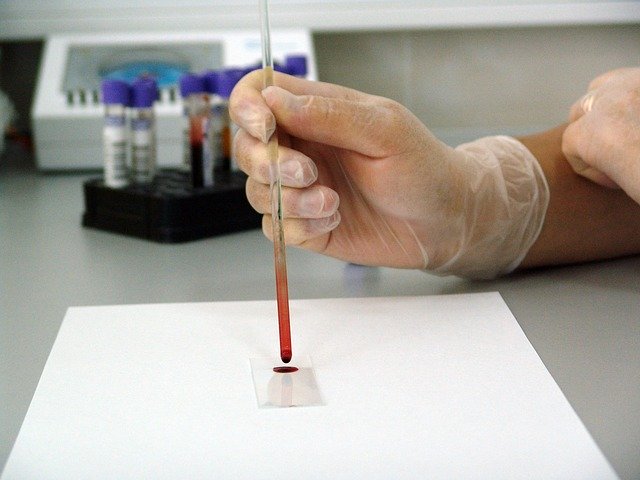
A recent study from Saarland University found that high levels of a special group of lipids, triglycerides, could cause inflammation and damage kidneys and blood vessels.
The study is published in Nature Immunology. The lead author is Timo Speer.
Doctors interested in ways to minimize the risk of heart disease have long had blood cholesterol levels in their sights.
But other types of blood fats (also known as ‘lipids’) can also be damaging to health.
In the study, researchers showed that patients with high levels of triglycerides in their blood had a much higher mortality rate than comparison groups with a similar health history.
They found that when these naturally occurring fats are at high levels, they can alter the body’s defense cells in such a way that the body reacts as if responding to a bacterial infection.
This leads to inflammation, which, if it becomes chronic, can damage the kidneys or cause atherosclerosis—the narrowing of arteries due to a build-up of deposits on the inner arterial wall.
Atherosclerosis is one of the main causes of heart attacks and strokes.
The study shows a definitive link between the chronic inflammation triggered by a high triglyceride level in the blood and secondary diseases such as kidney failure or heart attack.
The team says that adopting a low-fat diet can strongly extend the life expectancy of high-risk patients, such as those with diabetes or those whose blood pressure is too high.
Blood triglyceride levels rise substantially in people who eat a high-fat diet.
The researchers hope that their results will help in developing new strategies for treating and preventing these life-threatening diseases.
Copyright © 2019 Knowridge Science Report. All rights reserved.



